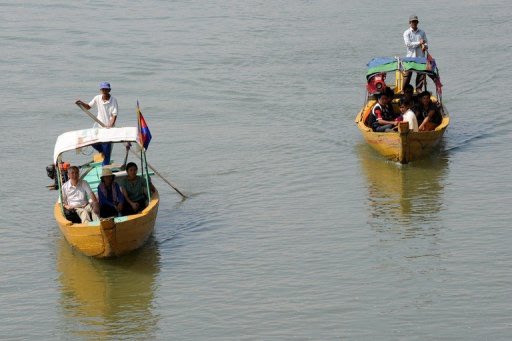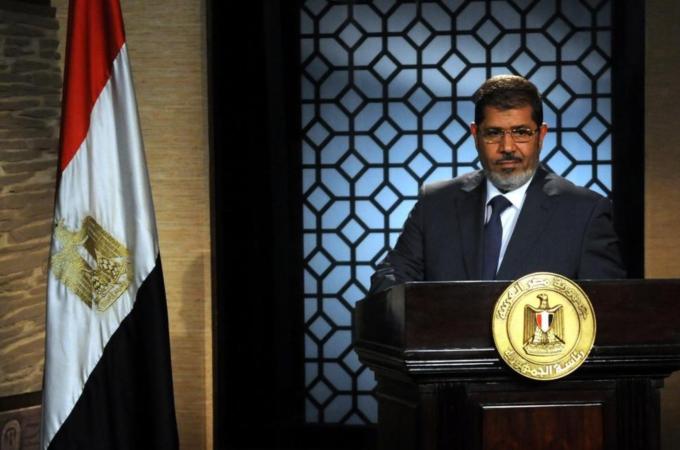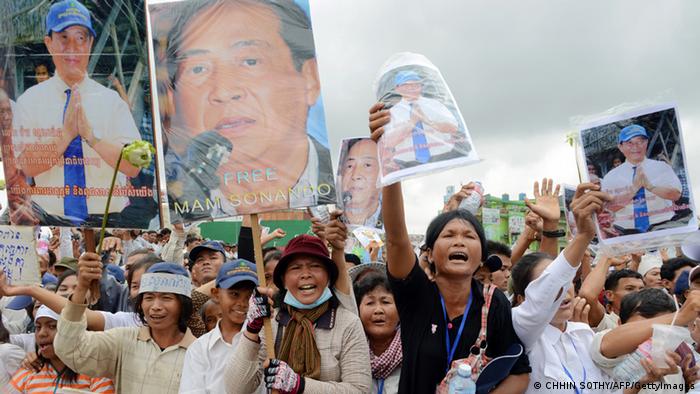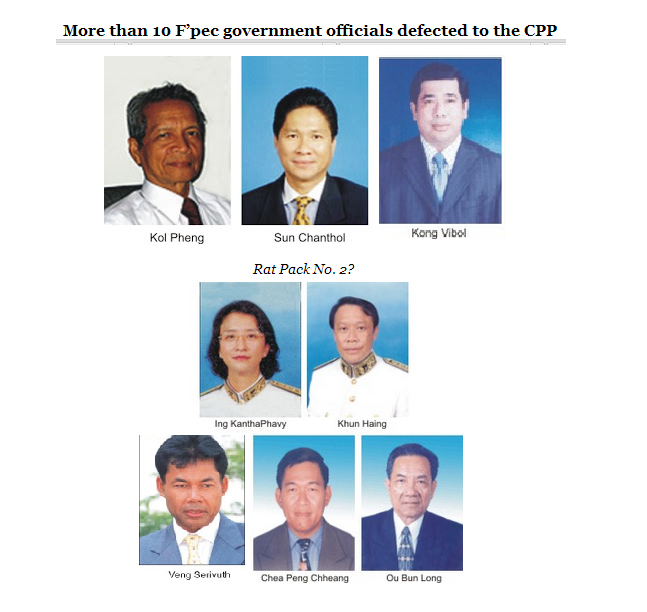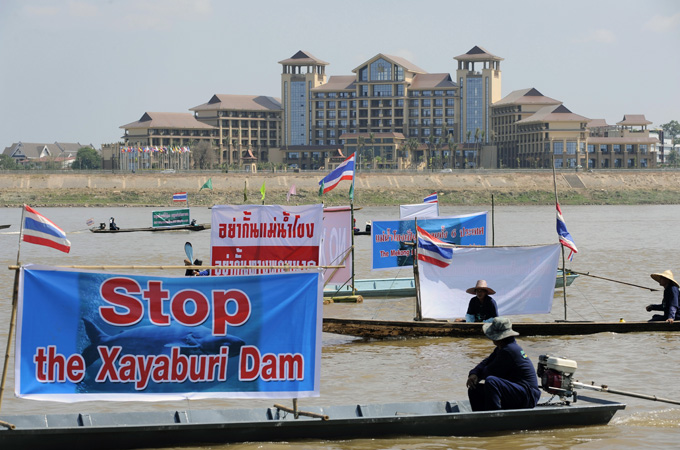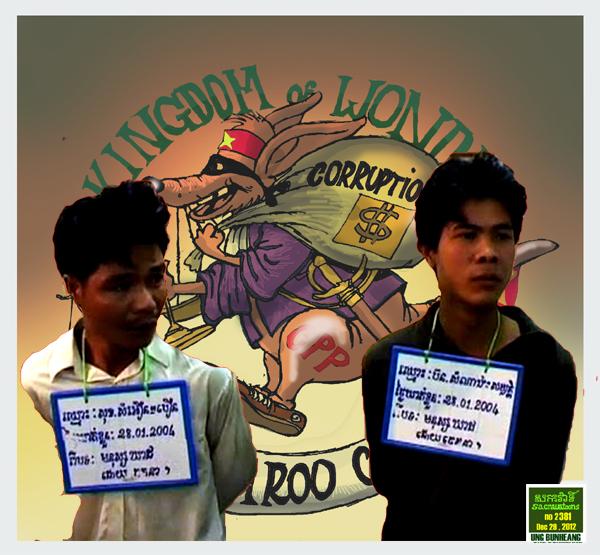
By Princess Soma Norodom (pictured above)
Phnom Penh Post
31 December 2012
When a person moves closer towards death, he may experience a surge
of energy as he gets nearer. He may talk to loved ones, or ask for food
after days of no appetite.
This surge of energy may be unnoticed, but it is usually a dying person’s final physical expression before moving on.
The main fear of death in most cases is due to a fear of the unknown.
On Sunday, my beloved father passed away. He was 77-years-old. And
before he died, he had this surge of energy, witnessed by me and my
cousins.
No matter how much you prepare for this moment, death arrives in its own time, and in its own way.
Then a dilemma arose, and it was one I was not prepared for. We had
to decide whether to have the doctor remove the pacemaker from his
chest. A pacemaker is a small device inserted in the chest or abdomen to
help control abnormal heart rhythms.
This device uses electrical pulses to prompt the heart to beat at a normal rate.
When the doctor pronounced him dead, the doctor and the nurse asked if I wanted them to take his pacemaker out.
I was still in a state of shock from his death, but had to suddenly
decide if I want the doctor to cut my father open and pull out the
pacemaker.
I called my sister in the US and told her the sad news, and also
asked if I should have the pacemaker removed from his body. She did not
know the answer.







-bavet+governor+who+shot+3+garment+workers+in+feb+2012.jpg)
